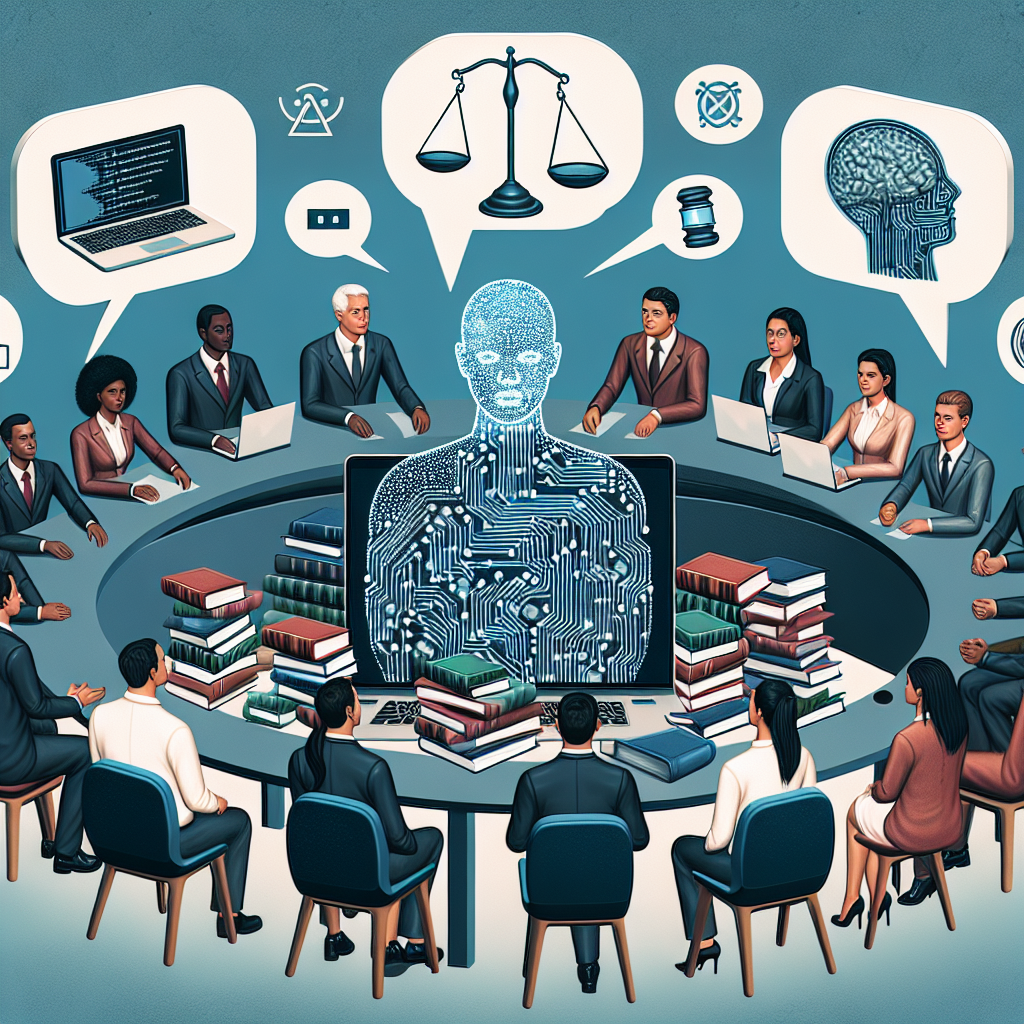AI Utilization in US Bar Exam Question Development Stirs Debate
AI Utilization in US Bar Exam Question Development Stirs Debate
Introduction
The integration of artificial intelligence (AI) in developing questions for the US Bar Exam has sparked a lively debate among legal professionals, educators, and technologists. This development raises questions about the role of AI in legal education and its potential impact on the future of the legal profession.
Key Points of the Debate
- Efficiency and Consistency: Proponents argue that AI can enhance the efficiency and consistency of question development, ensuring a standardized level of difficulty and reducing human error.
- Quality and Fairness: Critics express concerns about the quality and fairness of AI-generated questions, questioning whether AI can truly understand the nuances of legal reasoning and ethics.
- Bias and Transparency: There is apprehension about potential biases in AI algorithms, which could inadvertently disadvantage certain groups of test-takers.
- Cost and Accessibility: Supporters highlight the potential for AI to reduce costs and increase accessibility, making the bar exam more affordable for aspiring lawyers.
Implications for Legal Education
The use of AI in bar exam question development could have significant implications for legal education. It may necessitate changes in how law schools prepare students for the exam, emphasizing skills that align with AI-generated assessments.
Future Prospects
As AI technology continues to evolve, its role in legal testing and education is likely to expand. Ongoing research and dialogue will be crucial in addressing the concerns and maximizing the benefits of AI in this context.
Conclusion
The debate over AI’s role in US Bar Exam question development highlights the broader challenges and opportunities of integrating technology into the legal field. While AI offers potential benefits in terms of efficiency and accessibility, it also raises important questions about quality, fairness, and bias. As the legal community navigates these issues, a balanced approach that considers both technological advancements and ethical considerations will be essential.




































